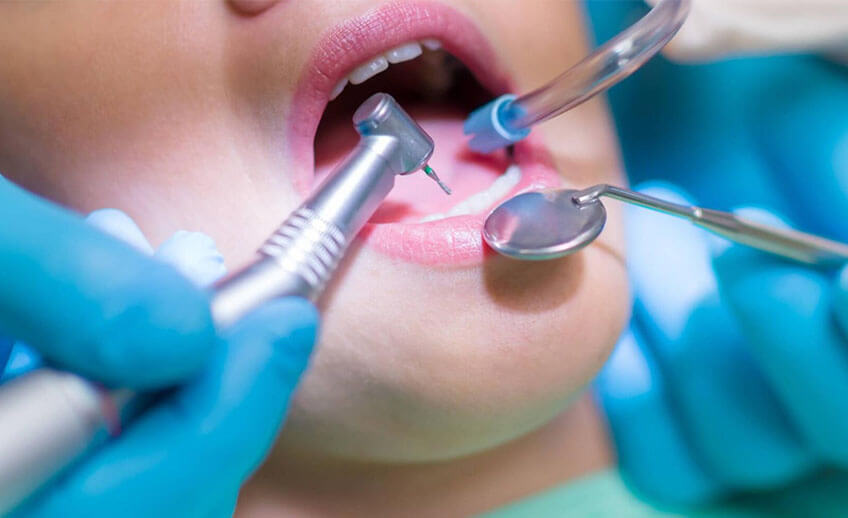If your dentist recommends dental surgery for a problem in your mouth, teeth or jaws, it’s easy to understand why you might be a little hesitant to go through with it. Surgery of any kind shouldn’t be taken lightly and dental surgery is no different. But don’t be scared off entirely — dental surgery is a broad term that includes everything from a simple tooth extraction to a complex procedure such as dental implant surgery. And dental surgery can relieve pain and improve the function and appearance of your smile.
Dental surgery can be performed by your dentist or an oral surgeon, a specialist who performs dental oral surgery and more, including the diagnosis and treatment of oral cancer and sleep apnea. Dental surgeries can be performed in the dentist’s office or in a hospital setting and involve sedation dentistry ranging from local anesthesia to general anesthesia, depending on the procedure and your level of anxiety.
Dental Implant Surgery and Other Common Dental Surgeries
The term dental surgery includes many different procedures. Some common dental surgeries include:
- Dental Implant Surgery: Dental implant surgery replaces damaged or missing teeth with artificial teeth that look and function like natural ones. How dental implant surgery is performed depends on the type of dental implants you need and the condition of your jawbone. But all dental implant surgery occurs in stages and involves several procedures. The entire process can take many months.
- Cosmetic Dental Surgery: Cosmetic dental surgery is dental surgery to enhance the appearance of your smile. Cosmetic dental surgery may include procedures such as dental implants or veneers. Your cosmetic dentist also uses this type of dental surgery to place a tooth-colored dental crown or tooth filling. Crown lengthening to repair a “gummy smile” is also considered cosmetic dental surgery.
- Removal of Impacted Teeth: When teeth grow in sideways, emerge only part way from the gum or remain trapped below the gum line, it can cause a lot of pain and dental problems. Dental surgery may be recommended to remove one or more impacted teeth. Wisdom teeth are the most common teeth to become impacted, but other teeth can become impacted, too.
- Corrective Jaw Surgery: Dental oral surgery can treat TMJ or TMD disorders, improve the fit of dentures and correct problems with the way the upper and lower jaws fit together.
- Treatment of Facial Injuries & Correction of Deformities: Dental surgery can treat and repair damage caused by trauma to the face, mouth, teeth and jaws. Deformities such as cleft lip and palate can be corrected with dental surgery.
The Dental Surgery Experience
Whether you need dental surgery to alleviate wisdom teeth pain or want to improve your smile with cosmetic dental surgery, you’ll fare better if you know what to expect from the experience. Ask your dentist how long the dental surgery will take and what type of anesthesia will be involved. Discuss your self-care steps for recovery after your dental treatment. Find out if you need to avoid any foods, how to manage pain and how to care for the wound.
It’s not uncommon for people who undergo dental surgeries to encounter some discomfort as they heal. After a dental surgery, you may experience bleeding gums, minor pain at the surgery site, swelling of the gums and face, and stiffness or difficulty opening your mouth wide. Your recovery will go more smoothly if you follow your dentist’s instructions for post-op dental care.
Most people will not know on their own that they are a candidate for dental surgery. That’s one reason why regular dental visits are so important. During a routine dental exam, your dentist may identify problems that can benefit from dental oral surgery.

